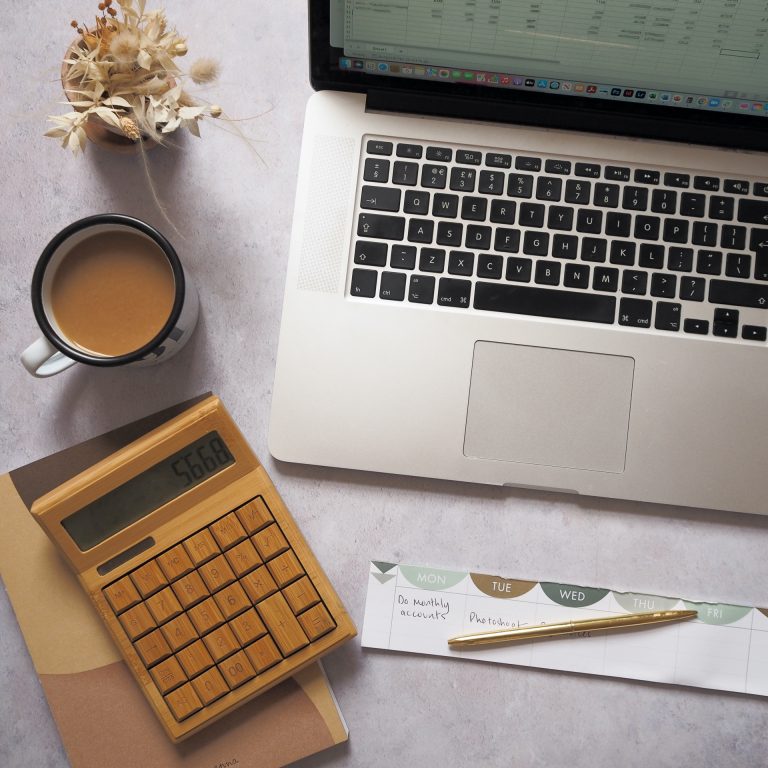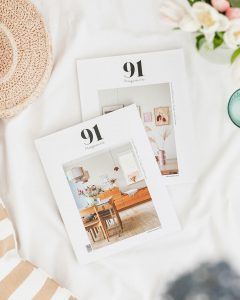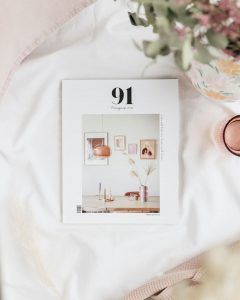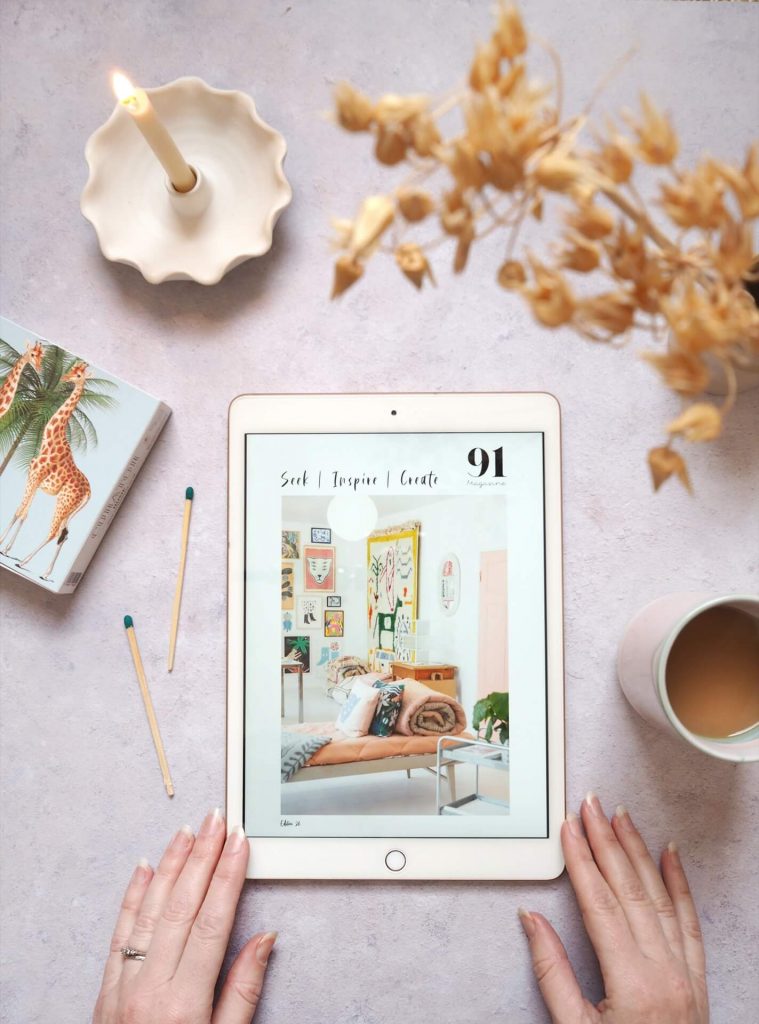For many small business owners, especially if you’ve been socialised as female, the link between our financial wealth and our self-worth can be particularly strong. Our businesses feel like an extension of ourselves, and if we’re not making the money we need or in times of economic flux, we can feel that lack is also a reflection of who we are.
We are taught to assign so much meaning to money and pick up stories from the world around us from a very young age. Those stories aren’t always spoken out loud either but are present in how the people we love behave with money, and how society at large assigns meaning to money (especially to women and money).
We can feel guilt and shame around money regardless of what we do with it. Spending feels bad, saving feels restrictive, and nothing ever feels like enough when the world around us is telling us there is not enough money to go around.
So, what to do? Here are my top 5 tips for building a better relationship with money, and in the process, with yourself too.
Tip 1: Notice
Start to notice how you feel when you think about, talk about or use money. You don’t have to do anything with this information yet, simply stepping back from your everyday and noticing can be very revealing.
I want to invite you to think about what words you are using when you mention money? What thoughts and feelings are coming up for you? Are the words you are using positive or negative?
A great exercise is to write down everything that comes up for you when you think about money. You’ll probably fill a side of A4 and if you think you’ve thought of everything, try and jot down at least 5 more things. You’ll be surprised what can be lurking in there.

Tip 2: Rewrite those narratives
So many of us carry the stories of others around unconsciously, which we soaked up as children. Until we spend time untangling what is ours to carry and which are the stories of our caregivers or social groups, we can be running on autopilot, behaving and thinking in the ways we’ve been taught.
Now you have those stories out of your head and on paper, it’s time to interrogate them. Here are some questions you could ask:
- Are these stories true or not?
- Whose voice do you hear when that thought pops into your head?
- Is it yours?
- Are these stories and narratives serving you and your life now, or the one you want to create? How could a different perspective make you feel instead?
Once you’ve interrogated those stories, you can rewrite them. Instead of: ‘I can’t afford it’, you could replace it with ‘I’m choosing not to spend my money here’. This gives you back ownership and choice.
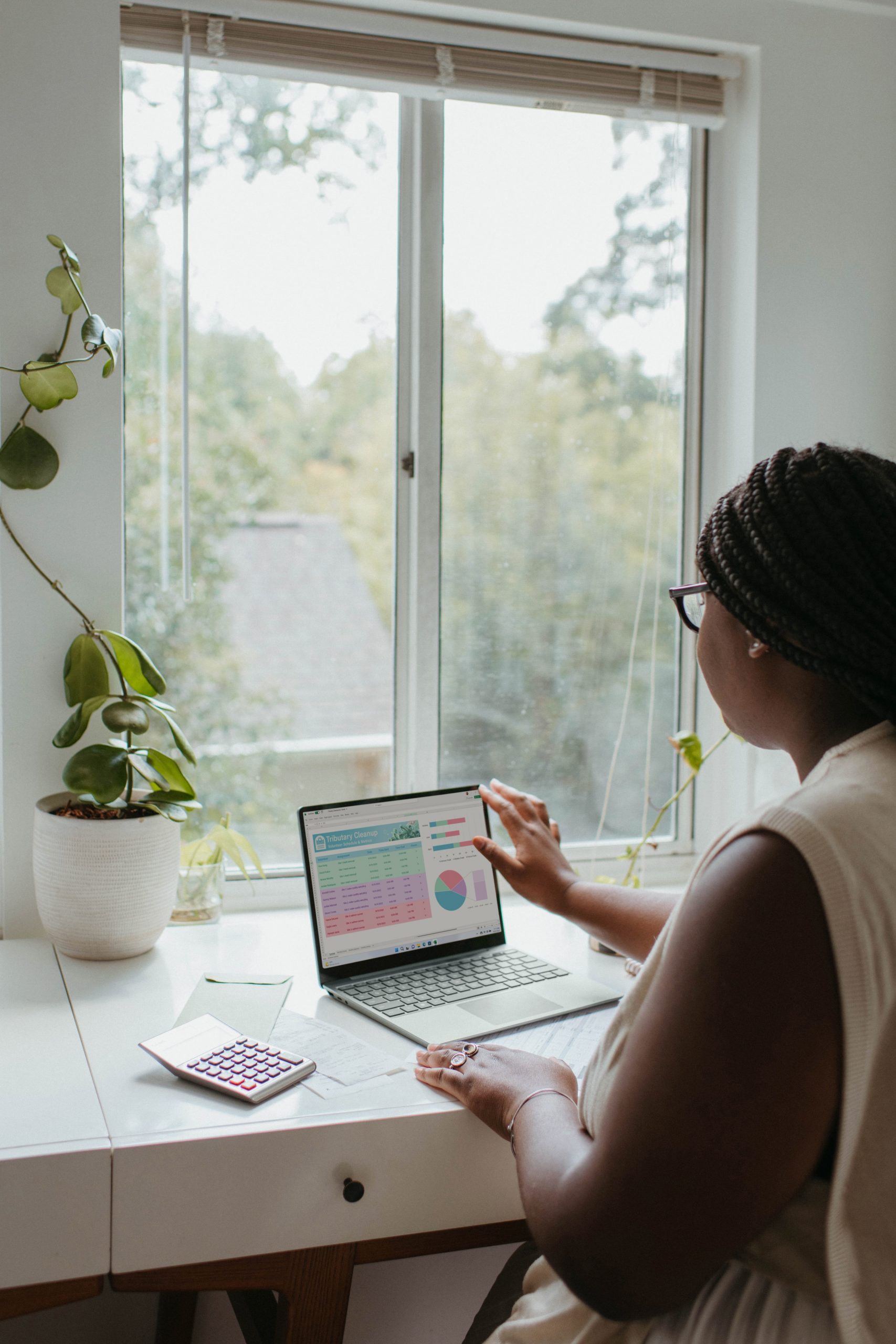
Tip 3: Knowledge is power
It can feel daunting to look at your bank account, but keeping an eye on your money means you have clarity around what it’s doing and adjust as you need to.
Scheduling a regular money date with yourself can make it less fraught, especially if you set yourself up for a nice time. Make your favourite drink, put on your favourite playlist, dress up if you like – whatever makes you feel good before you get stuck in.
Once you’ve begun to check in regularly, you can start to ask yourself what your money is telling you. Think of it as data collection rather than making it mean anything about you. Do you notice any patterns? Do you need to implement a budget? Do you need to bring more money in? If so, how could you do that?
And please, don’t be disheartened if feelings of lack and not-enoughness keep coming up. Money as a concept has been around for thousands of years. Women have only been ‘allowed’ ownership over it in various forms for the last 150 years or so. Until the 1980’s we could be refused service for spending our own money in a pub here in the UK! So while acts to make things more equal may be passed and laws may be changed, it can take much longer for the real changes in how we think and use money to bed in. By addressing your relationship with money, you’re at the forefront of this. Keep going!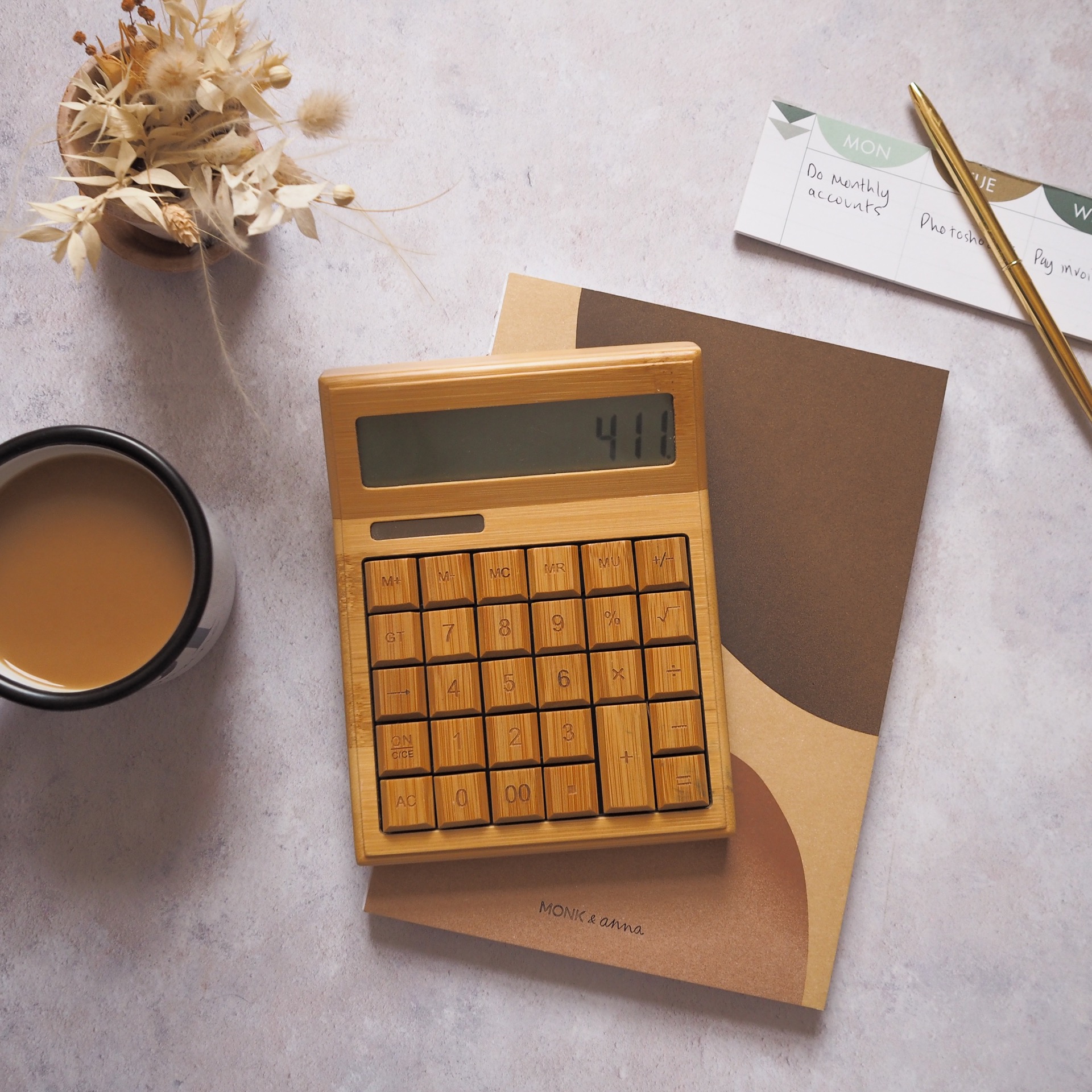
Tip 4: Be inspired, not intimidated
Awareness of what others in your industry are doing is powerful but there can be a fine line between being inspired and being intimidated by the choices others are making. It can be really easy to slip into following what others are doing but which might not be right for you and your business. For example, everyone you know might be lowering their prices – but is that right for you? Do the numbers stack up? What will that mean for your business model?
Assess what’s right for you based on the knowledge you have from checking in with your money. Use that data plus how you feel, and the new stories you have created, to make a decision that’s right for you and your business.
Tip 5: Support and consistency
You don’t have to do this on your own! Getting the support you need is vital and it doesn’t have to cost anything either. Talking with a friend or business bestie about what’s going on for you can really help. If you realise you need specific financial advice or direction, a financial advisor or accountant may not cost as much as you think and may save you money and stress in the long run. Equally, you may decide you need the support of a coach to get you going towards your business goals, or that therapy or counselling may be needed instead.
Regardless of what support you need, I encourage you to seek it out, and to keep building on your relationship with money little and often. How you feel about money now didn’t occur overnight, and so it can take a while to see changes. By making and keeping promises to yourself around your money, you will start to see shifts and build your confidence and self-worth at the same time too.
Emily Armitage is a wealth and worth coach, helping female founders, creatives and small business owners to manage their money in a way that works for them. Find out more on her website.
